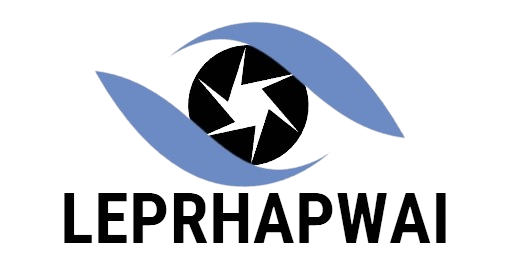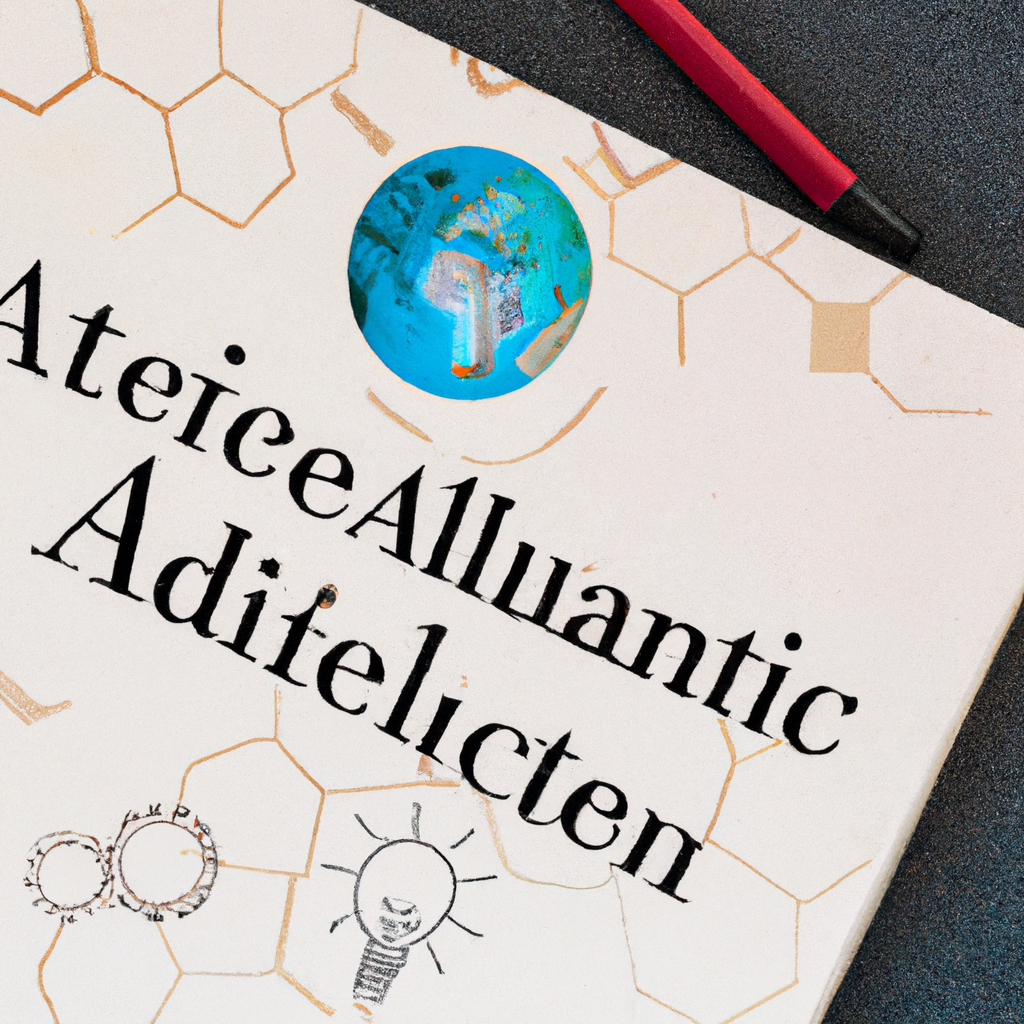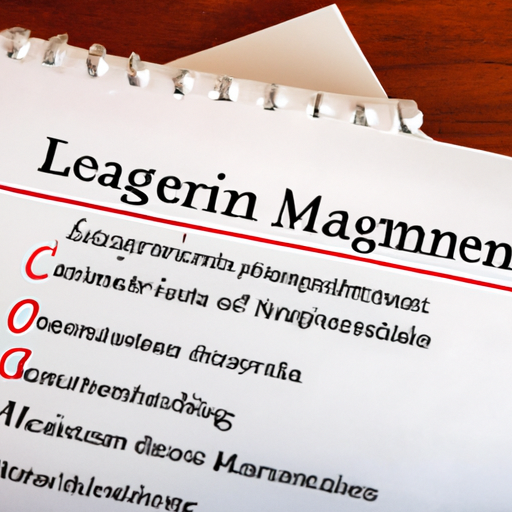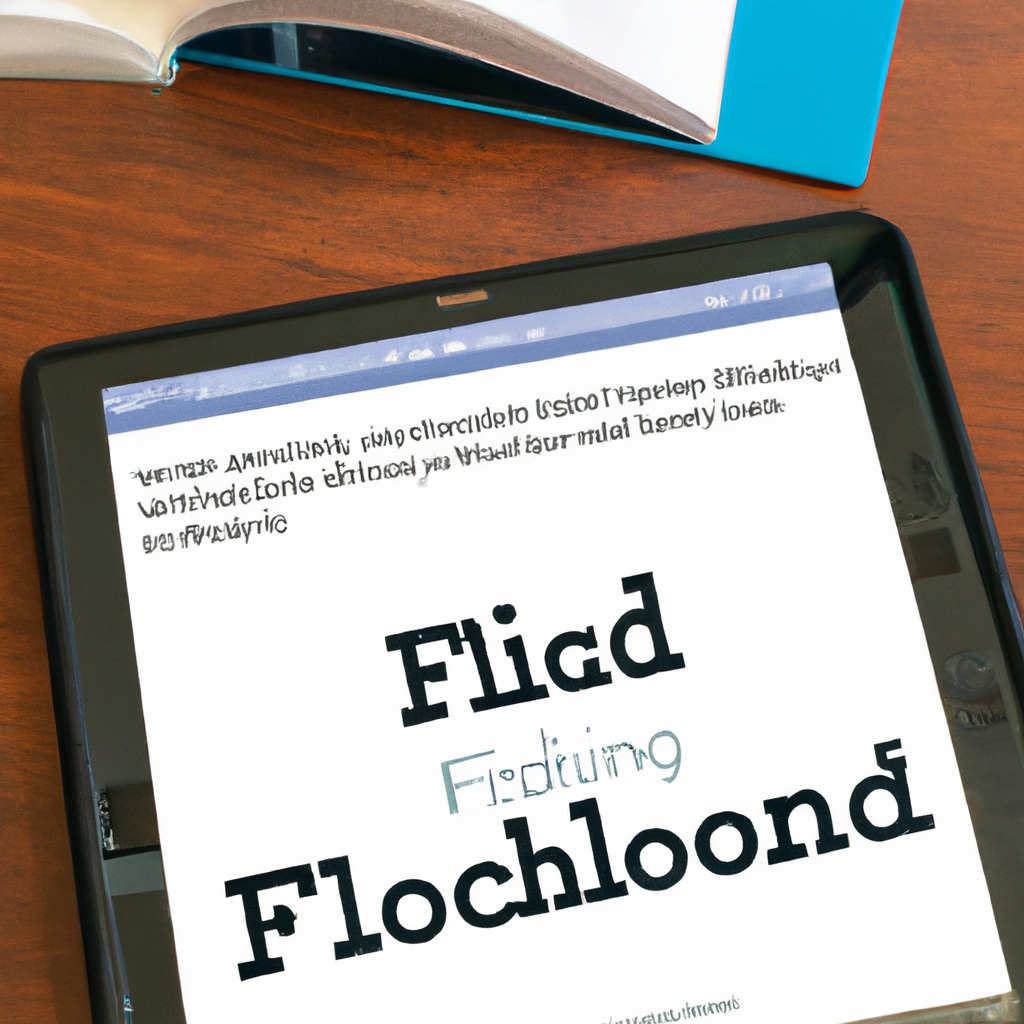Step into the future of education as we explore the remarkable realm of Artificial Intelligence. An intriguing amalgamation of human ingenuity and cutting-edge technology, AI has dawned upon the world of education, bringing endless possibilities for transforming the way we learn and assess knowledge. With machines that possess unparalleled capabilities to understand, adapt, and enhance our educational experiences, one cannot help but be swept away by the potential this revolution holds. Within the realms of this article, we embark on a captivating journey through the AI-infused corridors of education, uncovering the ways in which it shapes a brighter future for students and educators alike. Welcome to the realm where machines become our mentors, and learning transcends boundaries, unlocking the true potential of minds worldwide.
1. Envisioning a New Era of Education: How Artificial Intelligence is Revolutionizing the Learning Experience
The emergence of artificial intelligence (AI) has sparked a new era of education, transforming the way we learn and acquire knowledge. This revolutionary technology has immense potential to enhance the learning experience for students of all ages, providing personalized and adaptive solutions to meet their individual needs.
A key advantage of AI in education is its ability to create customized learning paths for students. By leveraging machine learning algorithms, AI can analyze vast amounts of data to identify students’ strengths and weaknesses, tailoring educational content and strategies accordingly. This personalized approach ensures that students receive targeted instruction, fostering a deeper understanding and retention of concepts. Moreover, AI-powered platforms can adapt in real-time to students’ progress, adjusting the level of difficulty or pacing of the curriculum to optimize their learning experience.
2. Harnessing the Power of AI: Enhancing Educational Assessment for the 21st Century
AI has revolutionized various industries, and the field of education is no exception. With the rapid advancements in technology, harnessing the power of AI has become crucial in enhancing educational assessment for the 21st century. This powerful technology has the potential to transform traditional assessment methods, making them more efficient, accurate, and tailored to individual student needs.
One of the key benefits of harnessing AI for educational assessment is its ability to provide personalized and real-time feedback to students. Traditional assessments often have a lag time between completion and feedback, which can hinder students’ understanding and progress. AI-powered assessment tools, on the other hand, can instantly analyze students’ responses and provide personalized feedback, guiding them towards areas that require improvement or further exploration. Furthermore, AI can adapt to the unique learning styles and abilities of individual students, allowing for a more tailored and effective educational experience.
- AI enables the automation of grading and scoring processes, reducing the burden on educators and saving valuable time. This automation not only eliminates human error but also allows teachers to focus on providing more targeted instruction and support to students.
- AI can analyze vast amounts of data to identify patterns and trends in student performance, helping educators identify gaps in knowledge and develop targeted interventions and resources.
- AI-powered assessment tools can integrate seamlessly with online learning platforms, creating a streamlined and cohesive educational experience for students.
By embracing the power of AI in educational assessment, we can unlock the potential for more effective, efficient, and personalized learning experiences, ultimately preparing students for the challenges and opportunities of the 21st century.
3. Breaking Barriers: Unleashing the Potential of Artificial Intelligence in Transforming Education
Challenging traditional approaches:
In the realm of education, artificial intelligence (AI) has the remarkable ability to break barriers and reshape the landscape of learning. By leveraging AI, the limitations of traditional teaching methods are progressively being overcome. Instead of relying solely on textbooks and lectures, AI has introduced innovative ways to engage students and personalize their educational experiences. Through adaptive learning platforms, students can receive targeted guidance and support, enabling them to learn at an individualized pace. These AI-powered platforms also foster a collaborative environment, promoting peer-to-peer interaction and enhancing the overall learning process.
Enhancing accessibility:
One of the most significant advantages of AI in education is its potential to bridge the accessibility gap. Historically, limited resources and physical barriers have hindered educational opportunities for numerous individuals. However, AI-powered tools and applications have revolutionized the way education is delivered. Virtual classrooms equipped with features like video conferencing, interactive whiteboards, and real-time language translation have empowered students from remote or disadvantaged areas to access quality education that was previously out of reach. Moreover, AI algorithms can analyze vast amounts of data, providing insights and recommendations to optimize educational policies and interventions, ultimately promoting equity and inclusivity in the realm of learning.
4. From Traditional Pedagogy to Intelligent Technology: The Promise of AI in Education
The integration of artificial intelligence (AI) into education has opened up new possibilities for transforming traditional pedagogy. AI technology promises to revolutionize teaching and learning by providing personalized, interactive, and adaptive experiences for students.
One of the key benefits of AI in education is its ability to adapt to the individual needs and learning styles of students. With AI-powered tools, educators can analyze vast amounts of data and generate insights to understand the strengths and weaknesses of each student. This information can then be used to tailor instructional content, pace, and approaches, ensuring that students receive personalized learning experiences that cater to their specific needs. From adaptive learning platforms to intelligent tutoring systems, AI is reshaping how education is delivered and experienced.
- AI can provide real-time feedback and assessment, helping students track their progress and identify areas where they need improvement.
- Intelligent virtual assistants can assist both students and teachers in answering questions and providing additional support.
- Machine learning algorithms can analyze student performance and behavior to identify patterns and predict future learning outcomes.
As AI continues to advance and become more prevalent in educational settings, it holds tremendous potential to enhance student engagement, foster critical thinking, and promote lifelong learning. However, it is crucial to strike a balance between technology and human interaction to ensure the ethical and responsible use of AI in education. By harnessing the power of intelligent technology, we can unlock the promise of AI and create a more inclusive and personalized learning environment for all.
5. Redefining the Classroom: Exploring the Impact of Artificial Intelligence on Learning and Assessment
Artificial Intelligence (AI) has revolutionized various industries, and education is no exception. With the advent of AI, classrooms are being redefined, transforming the way we learn and assess knowledge. This powerful technology has the potential to enhance the educational experience, making it more effective, personalized, and adaptive.
One of the primary impacts of AI on learning is its ability to personalize education. With AI-powered systems, students can receive tailored content and guidance based on their individual strengths, weaknesses, and learning styles. Adaptive learning platforms equipped with AI algorithms can track each student’s progress, identify areas of difficulty, and provide targeted exercises and resources to address those challenges. This not only empowers students to take ownership of their learning but also ensures that they receive the support they need to succeed.
As we bid adieu to the captivating world of artificial intelligence in education, one cannot help but marvel at the remarkable transformation it has ushered in the realm of learning and assessment. From the humble beginnings of mere sci-fi dreams, AI has emerged as the avant-garde companion of instructors and students alike, revolutionizing how we acquire knowledge and measure our understanding.
In this voyage of discovery, we witnessed AI’s unwavering dedication to unleashing the full potential of education. With intelligent algorithms that adapt to individual needs and preferences, students found solace in personalized learning experiences that nurtured their unique abilities. From correcting our grammatical blunders to developing problem-solving skills, AI proved its mettle as the discerning mentor, always ready to support and challenge us in the pursuit of knowledge.
The metamorphosis of assessment in the wake of AI’s dominance cannot be understated. Gone are the days of rigorous paper-based exams that left us anxiously awaiting results. AI-powered assessment has democratized evaluation, offering real-time feedback and insights into our performance. As our AI companions keenly scrutinize our every response, educators are liberated from tedious paperwork, enabling them to invest their energy where it matters most – delivering inspiring and impactful instruction.
Yet, amidst this wondrous revolution, we must not forget that AI is merely a tool, a catalyst for progress. The human touch, empathy, and intuition remain irreplaceable facets of education. While AI refines the process, it is the teacher’s artful guidance that molds young minds and nurtures their intellectual growth. Harnessing the power of AI in education requires a harmonious marriage, where the brilliance of artificial intelligence supplements and amplifies the wisdom of educators.
As we conclude this odyssey, the transformative power of artificial intelligence in education resonates with a resounding symphony of possibilities. The journey may have just begun, but the strides made so far have already breathed new life into classrooms worldwide. With AI as our ally, learning will continue its perpetual evolution, inspiring generations to venture into uncharted territories of knowledge, armed with curiosity, innovation, and the wisdom of collaborative minds.
Let us embrace this fusion of human intellect and AI’s infinite potential, for it is through this powerful alliance that we shall witness the true metamorphosis, where education transcends barriers and empowers each individual to become a lifelong learner. Together, hand in hand, we shall navigate the waves of tomorrow’s educational landscape, knowing that the tools at our disposal, fortified by AI’s brilliance, shall chart a course towards a future where learning is democratized, empowering every individual to reach for the stars.











